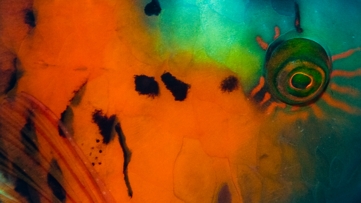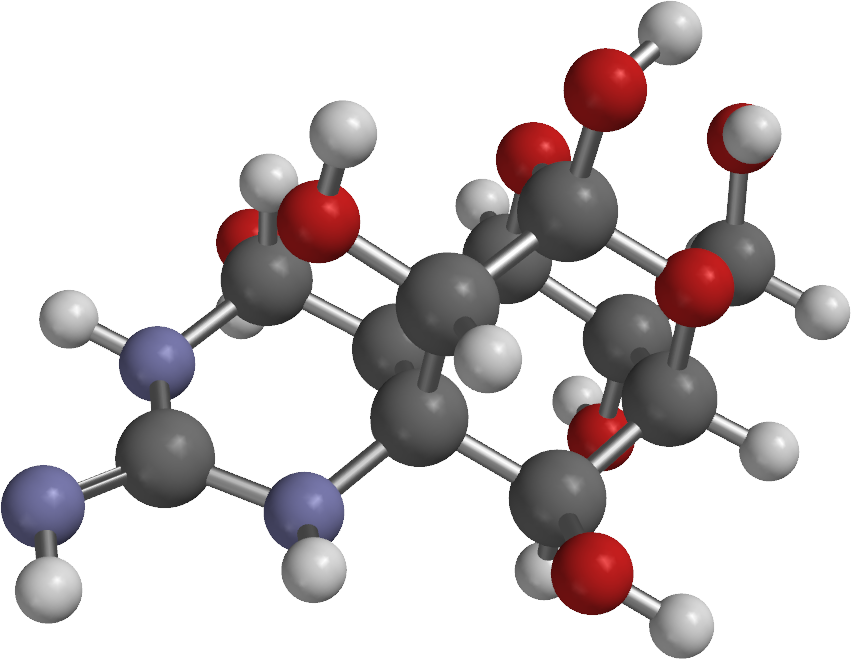
| Home |
| Colors of the Reef |
| Search the Reef |
| Science and the Reef |
| Equipment |
| New |
| Links |
| Contact |
| Interna |
Tetrodotoxin
 Tetrodotoxin is a very powerful toxin that is found in a large variety of marine organisms. Most famous is the Japanese fugu, various species of puffer fish that are prepared in specially licenced restaurants. The dishes contain small amounts of tetrodotoxin, depending on the fish and how it is prepared. Considering that the oral lethal dose is about 25 mg of the toxin for an adult person (less than 1 mg after injection), the cook has really to know his business. An article about Japanese restaurants and The fish more poisonous than cyanide was published in the BBC News Magazine.
Tetrodotoxin is a very powerful toxin that is found in a large variety of marine organisms. Most famous is the Japanese fugu, various species of puffer fish that are prepared in specially licenced restaurants. The dishes contain small amounts of tetrodotoxin, depending on the fish and how it is prepared. Considering that the oral lethal dose is about 25 mg of the toxin for an adult person (less than 1 mg after injection), the cook has really to know his business. An article about Japanese restaurants and The fish more poisonous than cyanide was published in the BBC News Magazine.
The name of the toxin is derived from the order of tetraodontiformes, which contains not only puffer fish but also filefish, triggerfish and others. But the toxin is also formed in many other organisms, such as the blue-ringed octopus (Hapalochlaena maculosa) or cone snails. This indicates that not the fish but rather microorganisms are synthesizing the toxin. That is also in agreement with the observation that some fugu become non-toxic if raised with a certain diet in basins.
Tetrodotoxin is a neurotoxin blocking the activity of the sodium channels in the neurons. That results in disabling neuron activity and paralysis leading to death.

